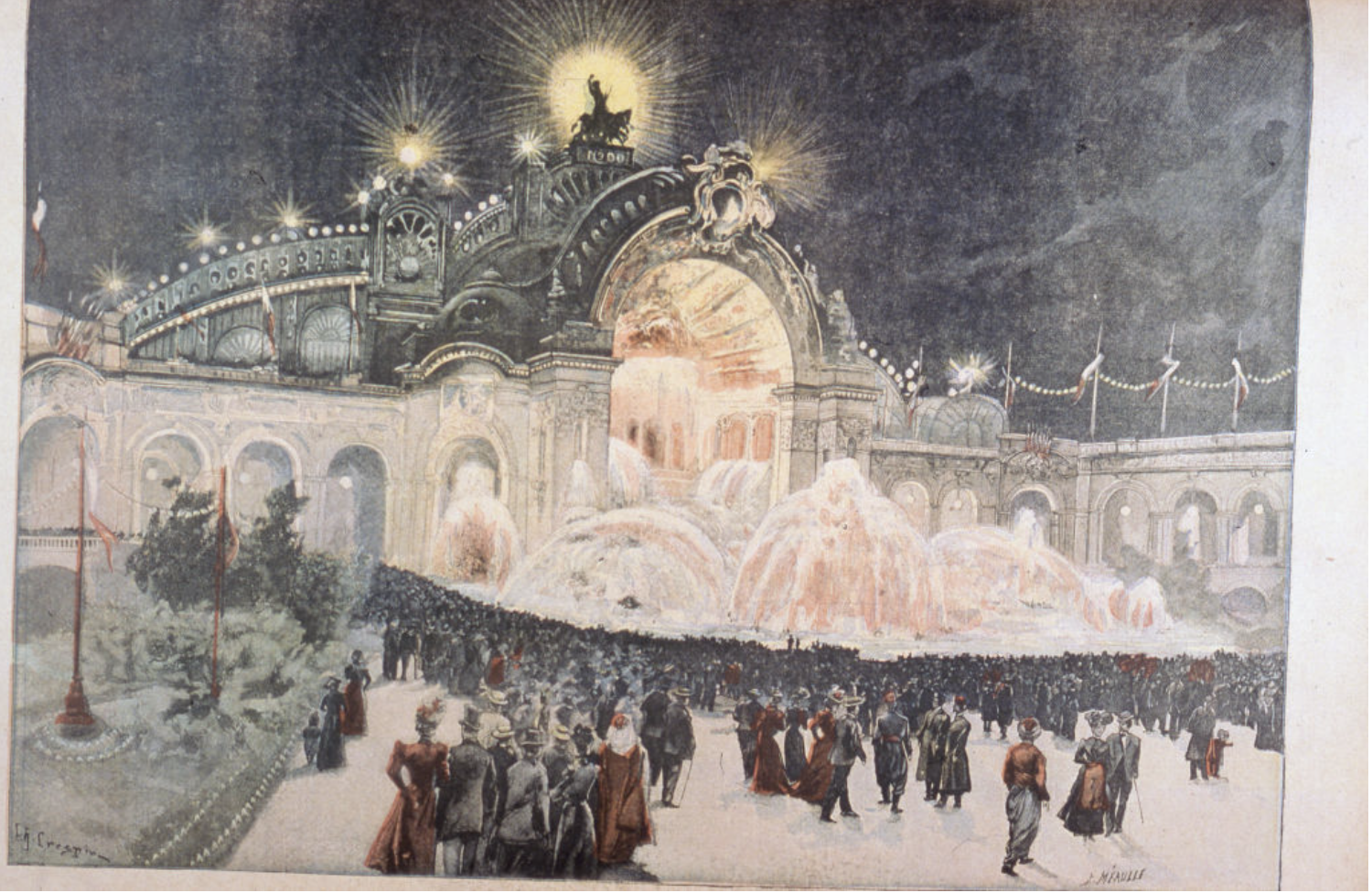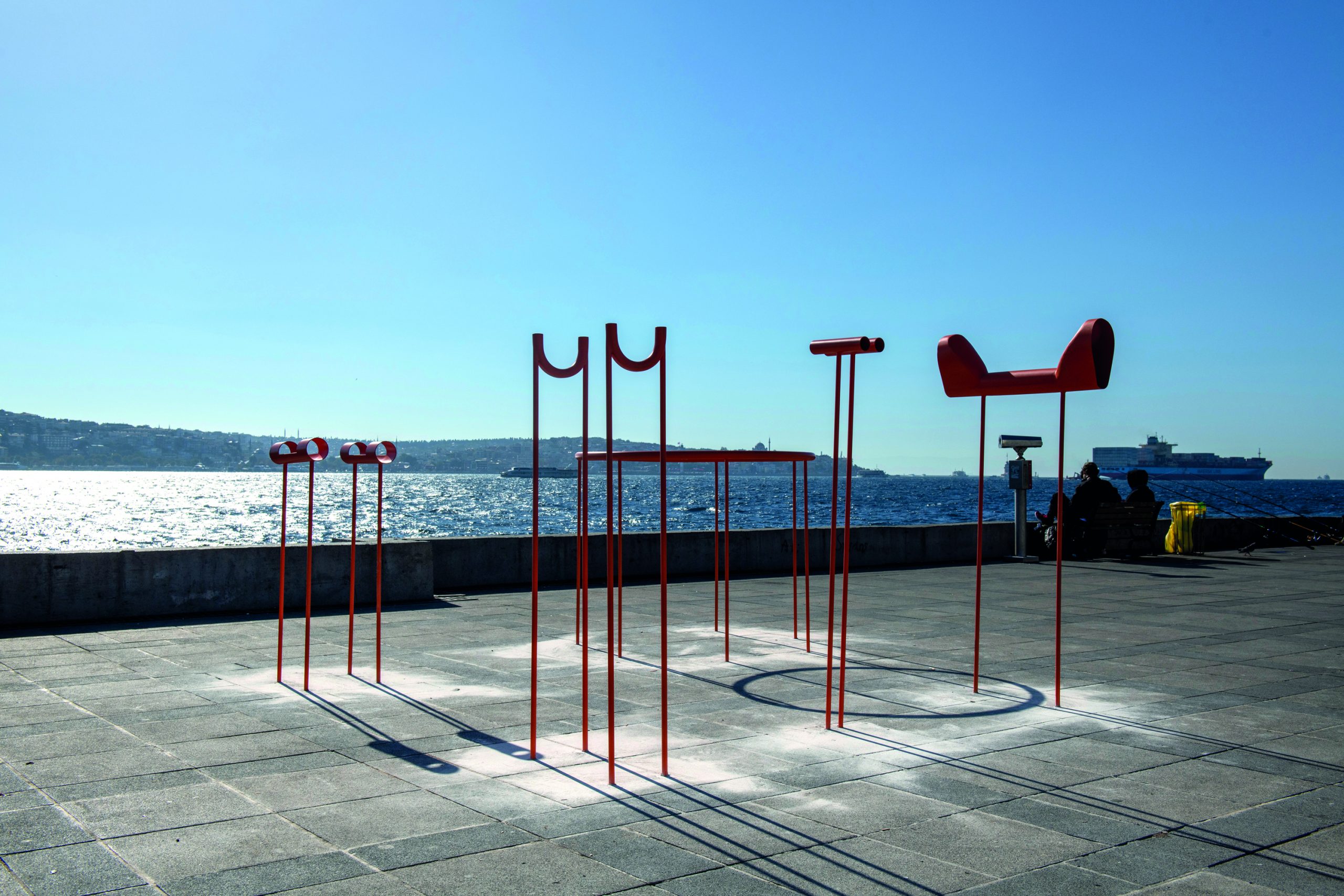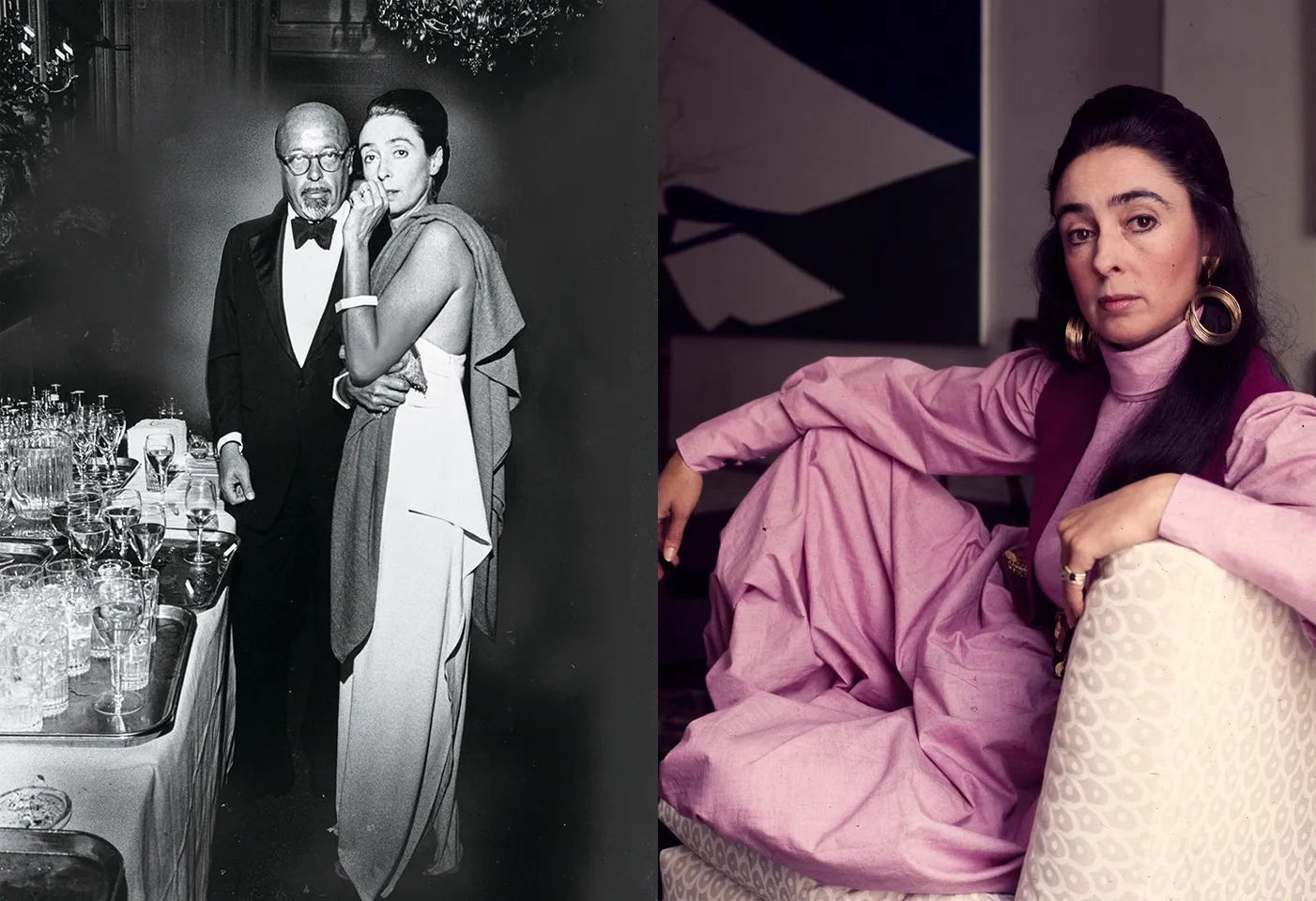A committee of eight Paris museums has teamed up to stage a free public game on the streets surrounding the Grand Palais for this year’s European Heritage Days, which will take place from September 9 to 17. The game, “The Incredible Paris of Alfred Picard,” will take players back to the year 1900 when the city of Paris was gearing up for the world’s fair, Exposition Universelle.
Developed with Quaestyo, a new app that allows users to take part in treasure hunts or escape games in the real world, the game will ask players to help Alfred Picard, the commissioner-general and head curator for the 20th-century fair, off the ground.
The ambitious 1900 world fair became a landmark event in France’s history. Like past editions, it showcased some of the latest technological innovations, including escalators, diesel engines, and electric cars. It was also housed in the Grand Palais and the Petit Palais buildings, which were purpose-built to house these extraordinary exhibits. Though the fair’s international importance is obvious to us today, it wasn’t easy for Picard to convince officials that it would be worth the expense.
This is where today’s culture enthusiasts come in. Players of the new game will be given just two hours to help Picard convince France’s minister of commerce to support his plan, gathering evidence from major local institutions like the Petit Palais, Fluctuart art gallery, the Rond-Point Theater, and the Les Invalides army museum. The game has both a child-friendly family version and an adult version.
A promotional video sees a computer-generated video of Picard telling players that “the future of Paris is at stake,”
European Heritage Days is an annual program of cultural events overseen by the Council of Europe and the European Commission. This year will mark 40 years since the initiative was founded in France in 1984, and fittingly the theme is “living heritage.”
The game has been organized by the Réunion des musées nationaux – Grand Palais, with the stated aim of reviving the cultural district between the Champs-Elysées, the Seine, and the Invalides by encouraging more collaboration between cultural institutions. Also known as Rmn-GP, the public organization was formed when the Paris National Museums merged with the Grand Palais in 2011.







